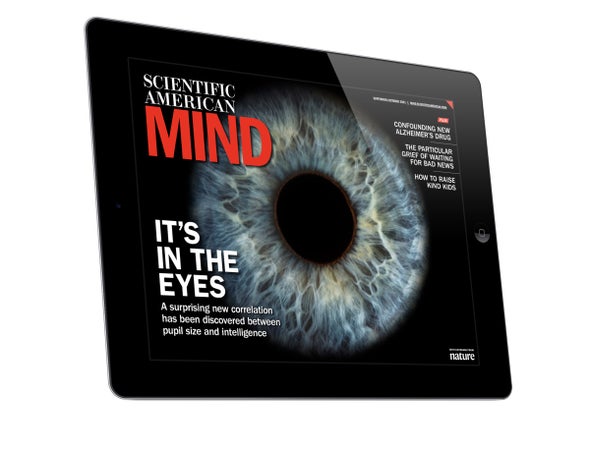After a large portion of a Miami-area apartment building spontaneously collapsed in June, Scientific American contributor Katherine Harmon Courage sat down with social scientist and clinician Pauline Boss to learn about the particular sort of grief that comes with ambiguous loss. Such losses occur when, for example, a relative’s remains cannot be recovered from an accident or when a child goes missing. Chances are that the person is gone, but there is no certainty. Something about that kind of uncertainty rings very true amid the stress and anxiety of the pandemic—not knowing if you or a loved one will get sick, or if your job is secure, or how to balance child care and COVID restrictions. Boss tells our reporter how humans can build their tolerance for living with ambiguity. But I imagine it doesn’t make it any less difficult (see “Ambiguous Loss from Miami-Area Condo Collapse Makes Grieving Harder”). As numerous psychological studies have shown, no matter the flavor, grief requires patience and compassion—especially toward the self.
This issue is full of other fascinating findings. Research now suggests that human smarts may be gleaned by, of all things, certain dimensions of the eyeball (see “Pupil Size Is a Marker of Intelligence”). And senior editor Clara Moskowitz picks the brain of Melinda Wenner Moyer, whose new book details the scientific ways to teach children to be generous, honest, helpful and kind (see “How to Raise Kids Who Don’t Grow Up to Be Jerks (or Worse)”). Kindness sometimes feels in short supply in today’s world. Best we nurture it in our own homes.



